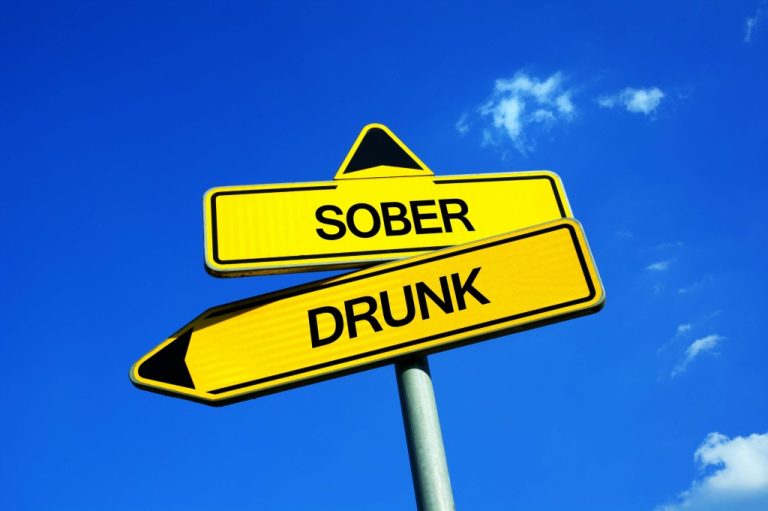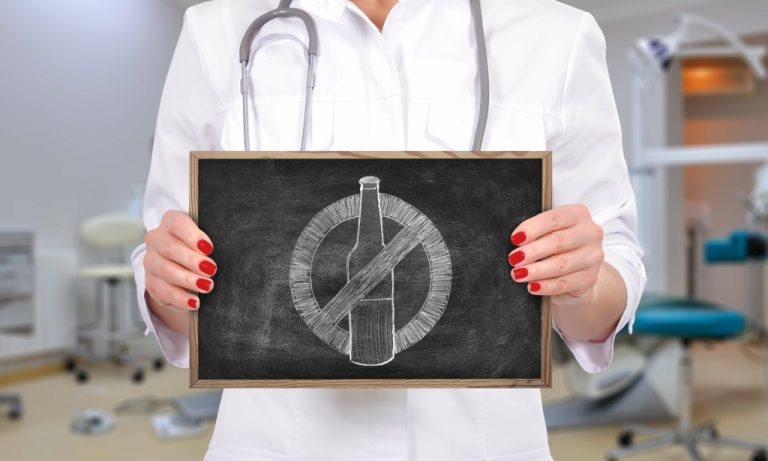Understanding EtOH: Ethanol & Ethyl Alcohol Abuse
Most insurance plans consist of payments through copays, coinsurance, premiums, or deductibles. During your stay here at PAX Memphis Recovery Center we will also provide you the opportunity to express your feelings in both group therapy and individual therapy. Our certified addiction specialists will also discuss how to help you avoid triggers that cause drug cravings as well as helping you learn how to find support groups when you leave our facility.
What is ETOH? – Understanding Ethyl Alcohol (ETOH) Abuse
- It means drinking so much at once that your blood alcohol concentration (BAC) level is 0.08% or more.
- EtOH is the chemical abbreviation for ethyl alcohol, the active ingredient found in alcoholic beverages.
- What is defined as excessive can vary depending on whether a person is male or female.
- Once a decision has been made to change, the next step is seeking help.
For example, when a person gets a flu shot, the spot where they’re going to be injected is often rubbed down, and the substance used is often an ethyl-based rubbing alcohol or wipe. If alcohol is no longer adding to your life—and is now quietly subtracting from it—it’s time to face it with clarity and courage. Chronic drinking shrinks your frontal lobe—the part of your brain responsible for reasoning, empathy, and self-control. This leads to poor decision-making, foggy thinking, and emotional marijuana addiction numbness. You’re not dealing with a “bad habit.” You’re dealing with a neurochemical dependency that alters your brain, rewires your coping system, and triggers long-term damage. When ingested, EtOH, or ethanol, triggers a variety of physiological responses.
How does chronic EtOH use affect health?
But behind this fleeting effect lies a complex pathology of dependence. There’s a clear difference between occasional drinking and patterns that put a person’s health at risk. The CDC defines binge drinking as five or more drinks for men, or four or more for women, within about two hours. Changes in mood, energy, concentration, or overall well-being can all be early signs. When someone drinks alcohol, the EtOH enters their bloodstream quickly, usually within about 10 minutes. From there, it travels to the brain, liver, heart, and other organs.
Get Treatment for EtOH Addiction at Ohio Recovery Centers
There are also support groups designed solely for women, like Women for Sobriety. For example, benzodiazepines are often used to manage alcohol withdrawal. You’ll only be given one dose at a time to ensure you do not develop a dependency on your withdrawal medication. Once your symptoms subside, you’ll stop taking the benzodiazepines and move on to the psychological and behavioral aspects of recovery.
Alcohol misuse can lead to various illnesses such as heart disease. People etoh abuse experiencing alcohol misuse disorder should seek medical attention. Aside from the effects of EtOH use on physical health, abuse can also affect a person’s decision-making skills. This causes them to make unsafe and risky decisions while under the influence. As a result, the body will have a more difficult time defending against harmful viral particles.

Liver Damage

Loss of pleasure in activities and functional impairment are common symptoms, further highlighting the mental health effects and the need for comprehensive treatment. ETOH abuse is a term you might hear to describe an alcohol use problem. Such problems are characterized by excessive alcohol intake that affects https://www.salammbo-danza.it/halfway-house-description-reintegration-support/ a person’s ability to function and an inability to reduce or stop drinking. This can have serious effects on a person’s life, including their work and relationships, as well as their health.
Alcohol use disorder
We still strongly recommend seeing a healthcare professional for medical guidance. In conclusion, the serious consequences of long-term ETOH abuse highlight the urgency for awareness, early intervention, and support systems. If you or someone close is dealing with this issue, remember, help is always available! Addressing EtOH abuse early is crucial due to these significant risks. These dangers highlight the immediate risks of alcohol intoxication. It is a key component in the production of biofuels, like E10 and E85, which are blends of ethanol and gasoline, demonstrating its versatility.
Some people who suffer from alcohol addiction end up needing liver transplants due to life-threatening issues. Short-term EtOH abuse can lead to life-threatening conditions like alcohol poisoning. The longer you engage in alcohol abuse, the more likely it is that your health will suffer immensely. Chronic alcohol use significantly compromises health, resulting in liver diseases, cardiovascular problems, neurological damage, and mental health disorders such as depression and anxiety. It is crucial to address these risks to maintain overall well-being.

In medical contexts, toxicology reports and addiction diagnoses may use EtOH to refer to the presence of alcohol in the person’s system or as their diagnosis. For example, a toxicology report following a person’s arrest for a drunk driving accident and subsequent blood analysis might list the percentage of alcohol in their blood as EtOH – 0.09.9%. A diagnosis of an individual’s alcohol use disorder might refer to the diagnosis as EtOH dependence. Since women and men metabolize ethanol differently, there are gender differences in how much alcohol can be consumed per week. A woman who drinks more than seven standard alcoholic drinks per week is considered to be drinking excessively.
However, when alcohol use begins to interfere with daily life, relationships, work, or health, it becomes classified as ETOH abuse. She holds a Bachelor’s degree in Food Technology and a Master’s Degree in Clinical Nutrition. Additionally, there are alternatives to 12-step meetings if these do not work for you. For example, you can attend a program like SMART Recovery, which uses cognitive behavioral therapy to help you further your recovery.
